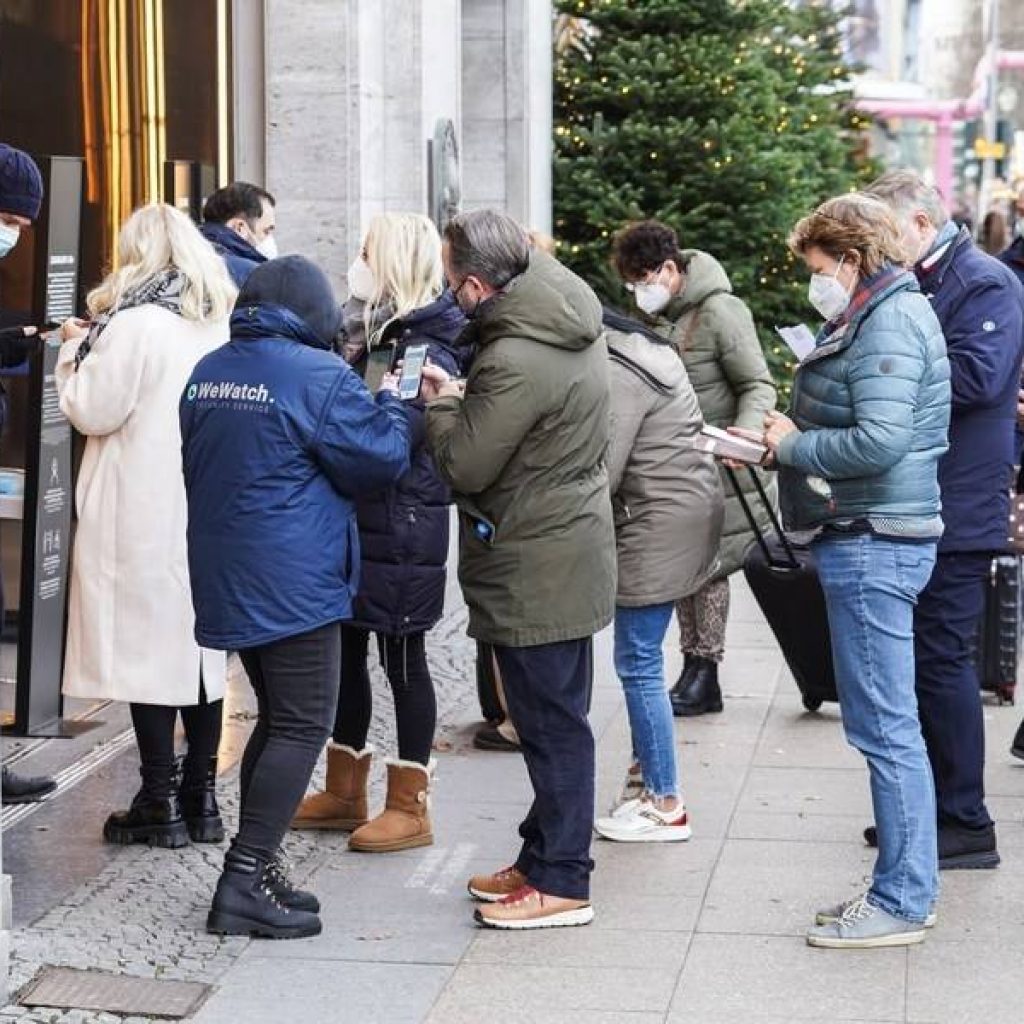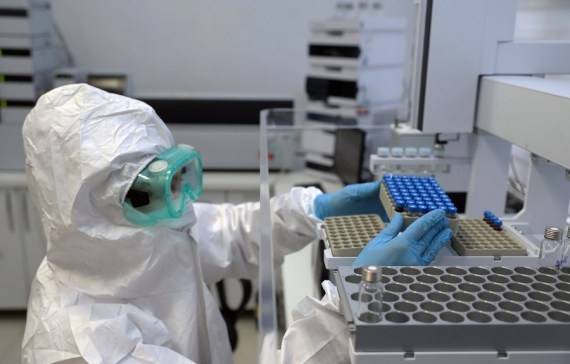The kit, described in the journal PLOS ONE, is based on a simple, non-invasive Covid-19 LAMP test. It uses low-cost hardware, including a centrifuge made from recycled computer hard drives to process samples…reports Asian Lite News
Scientists in the UK have developed a low-cost lab-in-a-backpack that they say is as accurate as commercially available Covid-19 tests at detecting SARS-CoV-2.
The compact, mobile kit is relatively inexpensive to make, costing $51 in total, the researchers said.
It could offer an alternative testing solution for resource-poor countries or remote areas with little access to well-equipped testing labs or trained personnel to process samples, they said.
“We are excited for the potential of this mobile lab to do Covid-19 tests and the possibility to democratise access to inexpensive testing technology,” said Professor Stoyan Smoukov, a professor at the Queen Mary University of London.
“The Covid-19 test is a timely application, but we also believe with this kit people could perform a large array of routine blood and urine tests, providing a centrifuge away from central hospital facilities,” Stoyan said.
The kit, described in the journal PLOS ONE, is based on a simple, non-invasive Covid-19 LAMP test. It uses low-cost hardware, including a centrifuge made from recycled computer hard drives to process samples.
The LAMP test is a widely accepted alternative to the commonly used PCR test, has a similar sensitivity.
However, unlike the PCR test, the LAMP test does not require temperature cycling. It only needs a single high temperature to amplify any potential virus RNA.
This allows the test to be performed with only minimal equipment and reagents, the researchers said.
Because the LAMP test uses saliva samples, it also avoids the need for invasive, uncomfortable nasal swabs, they said.
However, the high costs of commercially available LAMP tests, as well as the expensive lab equipment required to run them, means that current commercial approaches aren’t suitable for remote locations, or in-home testing.
“The new kit will provide a viable and inexpensive test for regions such as Africa, where innovative solutions are particularly important during the Covid-19 pandemic,” said Emily Lin, from the Queen Mary University of London.

“It can also be used in resource-rich areas, for example, in high school classrooms to demonstrate how to test for Covid-19,” said Lin, the lead author of the study.
Researchers noted that regular testing is a key part of global efforts to manage the Covid-19 pandemic, and it is hoped low-cost testing solutions like this could help improve access to fast and effective testing.
The next steps will include making the kit instructions even more understandable so that people can use them regardless of their experience or language, as well as validating the test with real patient samples, they added.
ALSO READ-UK admits to unlawful policy to seize Channel migrant phones

Leave a Reply